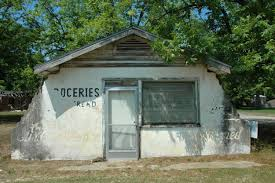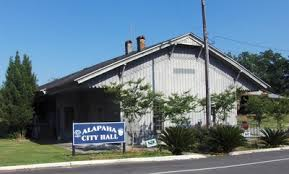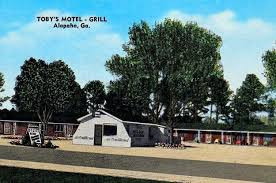About Alapaha, GA
Our Community Today
Nestled along the scenic Alapaha River in Berrien County, Alapaha is a charming town with deep historical roots dating back to a Seminole village of the same name. With a population of 481 residents according to the 2020 census, our community maintains its small-town charm while honoring a rich heritage that spans centuries.
Today, Alapaha is recognized as a Certified City of Ethics, dedicated to serving our residents with integrity and transparency. Whether you're drawn to our historic downtown, the natural beauty of the Alapaha River, or our close-knit community spirit, Alapaha offers a welcoming place to call home in the heart of South Georgia.
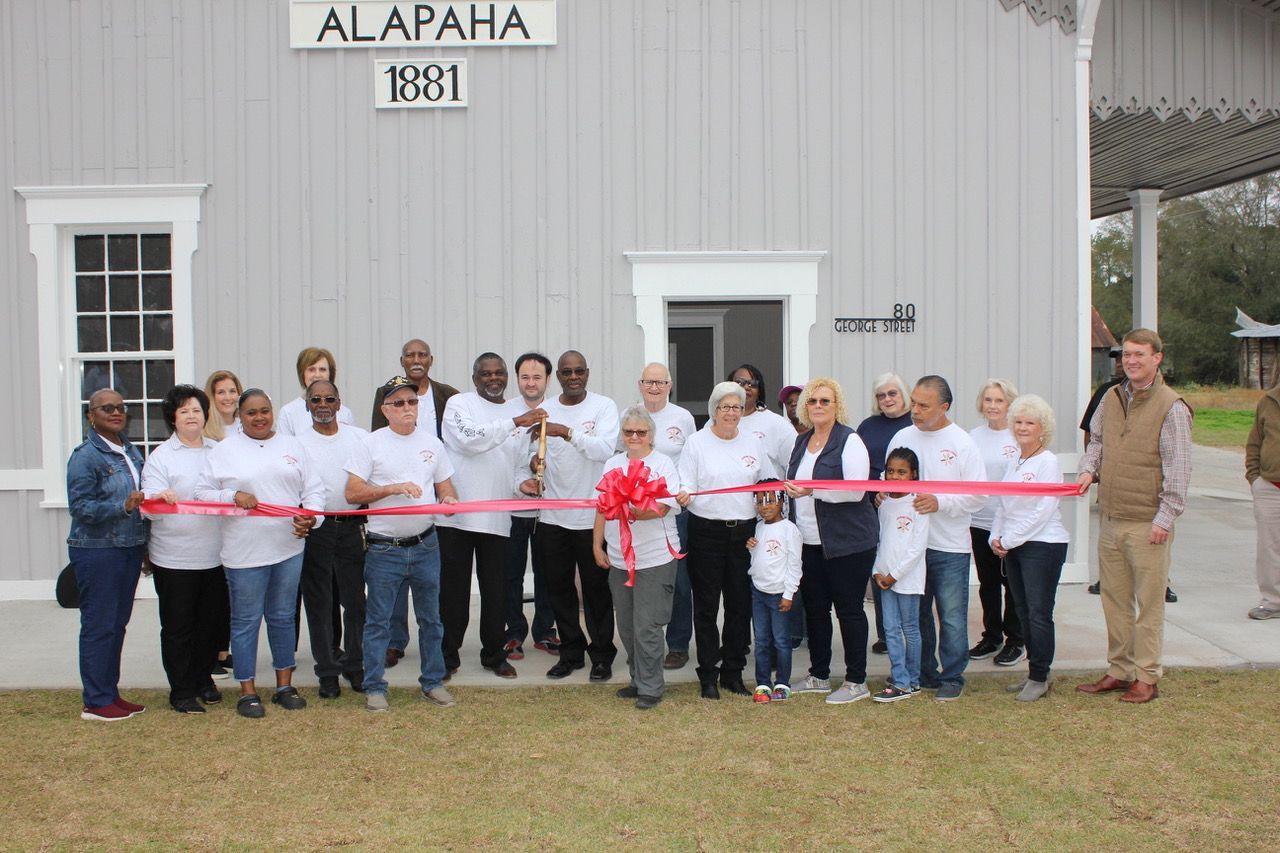
From Railroad Depot to Thriving Community
Alapaha's story begins long before European settlement. The Smithsonian Institution documented an Indian mound near Alapaha in 1886, evidence of the area's ancient inhabitants. Early European settlers arrived in the early 1800s, primarily Highland Scots Methodists and Primitive Baptists, along with Irish Catholic railroad laborers who helped establish St. Anne's Catholic Church.
The town of Alapaha was established in 1874 as "Alapaha Station," a depot on the Brunswick and Albany Railroad where a road from Nashville to Edenfield crossed the Alapaha River. The town was officially incorporated in 1881, marking the beginning of a new era of growth and prosperity.
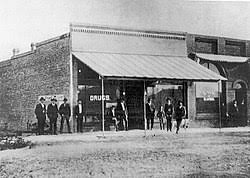
The Boom Years
The 1880s and 1890s brought an agricultural and industrial boom. Alapaha became a center for forestry, timber, and naval stores, with several sawmills operating by 1880. The Alapaha Steam Saw Mills even advertised in the New York Times, shipping premium Georgia pine from offices on Wall Street in New York City.
In 1881, promotional pamphlets called Alapaha "an important wool market" and "a lively and business-like little village" with six stores, three bar-rooms, two physicians, two lawyers, one dentist, and a sprightly newspaper. The town's aggregate annual sales reached $100,000—a substantial sum for the era.
At the dawn of the 20th century, Alapaha was a bustling community that boasted five reputable doctors, numerous dentists, lawyers, real estate agents, newspapers, and even a Ford dealership. Visitors praised the town's new hotel, operated by Dr. J.A. Fogle and presided over by Mrs. Fogle, as a model of hospitality and comfort.
Preserving Our Past
Alapaha's historic city hall is housed in the former railroad depot that once served the Brunswick and Albany Railroad, the Atlantic Coast Line Railroad, and the Seaboard Coast Line Railroad—a living testament to our transportation heritage.
Additionally, Alapaha's story has been captured in literature, including Cynthia Shearer's 1996 novel "The Wonder Book of the Air."

Building Our Future
While we take pride in our rich history, Alapaha remains focused on the future. Our dedicated local government works to provide quality services to residents while maintaining the character and values that make our town special. We invite you to become part of Alapaha's continuing story—whether you're considering making this your home, visiting our historic sites, or doing business in our community.
Alapaha's Place in History
Throughout its history, Alapaha has witnessed remarkable events:
- 1897 - A catastrophic fire destroyed four downtown buildings, with citizens of all backgrounds working together in a bucket brigade to fight the flames.
- 1911 - The famous Dixie Flyer train wreck occurred on a high trestle across the Alapaha River, making national headlines.
- 1915 - Local inventor Robert Alex Rutland received a U.S. patent for a portable shower-bath.
- 1918 - A cargo ship named "Alapaha" was christened and launched, transporting coal between Philadelphia and France.
- World War I - Alapaha lost four brave men in the infamous Otranto troopship disaster off the coast of Scotland.
- 1952 - A devastating tornado decimated the business district, bringing in Red Cross operations from Moody Air Force Base.
- 1966 - Army Master Sgt. James Emory Jones of Alapaha, a member of the elite MAC-SOG unit, gave his life in service to our country during the Vietnam War.
- 2004 - Alapaha gained international attention when the famous "Hogzilla," an 800-pound wild hog, was shot just outside town on a commercial hunting farm, later featured in a National Geographic special.




